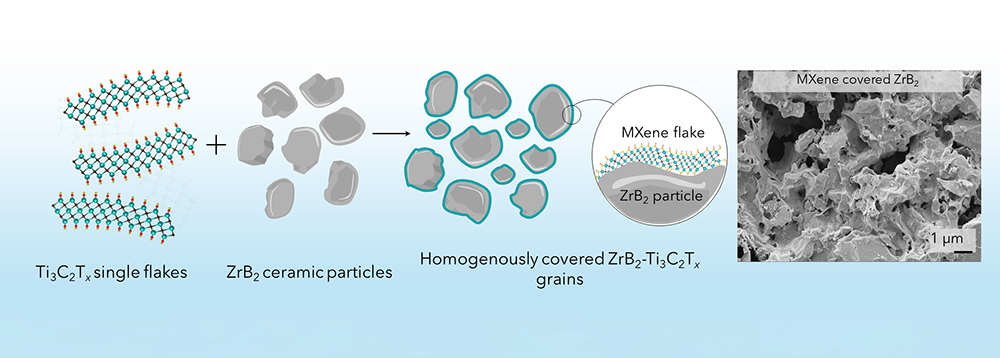The Boston Globe reported that a company founded by Stanford University students Ajay Virkar and Melbs LeMieux has been named the winner of this year’s MIT Clean Energy Prize and awarded $200,000. The company, C3Nano, is a spin-off of MIT’s Bao Research Group.
C3Nano has developed a transparent electrode material that it claims will make photovoltaic panels cheaper and more efficient. Made of polymer instead of the usual glass, the team claims the carbon nano-based transparent electrodes are cheap to make, more durable, and even more transparent than conventional electrodes.
The company believes the solar industry is the most attractive initial market. They claim to increase efficiency of thin-film photovoltaic panels by allowing up to 12 percent more sunlight to penetrate the panels.
“Our innovation not only has the potential to increase the efficiency of solar panels, it can be used in the manufacture of television, computer and cell-phone touch screens and electronic displays to increase performance and lower cost,” says LeMieux, founder and chief science officer. “Winning this competition literally enables us to take the next step towards moving this important technology out of the laboratory and into the marketplace.”
C3Nano was selected from over 60 other teams from 35 universities for their technology’s potential impact to enhance existing photovoltaic systems. LeMieux said the company is looking for $2 million in venture financing to build and test prototypes, then an additional $4 million to produce a pilot line of products.
LeMieux and Bao researchers have used similar technology to develop underwater chemical sensors.
Here is C3Nano’s pitch on their proposal for the CEP competition (with ad):
CTT Categories
- Electronics
- Energy
- Material Innovations
- Nanomaterials


